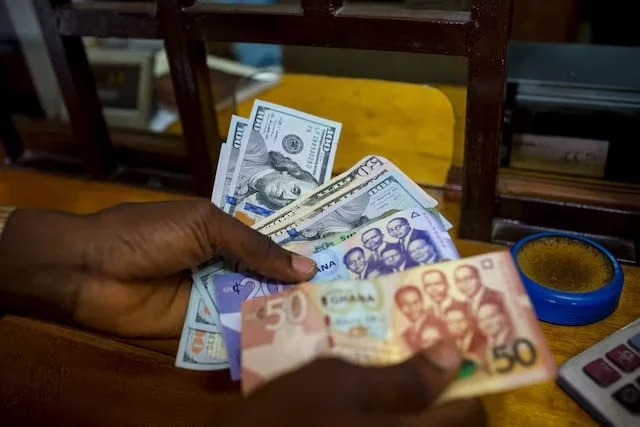The Ghanaian cedi is expected to continue its upward trend in the coming week, buoyed by sustained support from the Bank of Ghana and increased foreign currency inflows. As of Thursday, the cedi was trading at 13.20 to the US dollar, a significant appreciation from 14.00 the previous week. Market analysts, including Sedem Dornoo, a senior trader at Absa Bank Ghana, attribute this strength to robust foreign exchange supply, primarily from the central bank, which has been actively supporting the local market.
In Nigeria, the naira is expected to maintain stability, trading between ₦1,600 and ₦1,615 per dollar. This steadiness is largely due to regular interventions by the Central Bank of Nigeria (CBN), which has been providing liquidity to the market. Traders note that the central bank’s actions suggest a comfort with the current exchange rate levels.
Uganda’s shilling is also projected to remain stable, with commercial banks quoting it at 3,655/3,665 to the dollar, unchanged from the previous week’s close. The stability is attributed to low demand for foreign exchange and modest inflows, leading traders to expect the shilling to trade within a narrow range in the days ahead.
Conversely, Zambia’s kwacha may experience a slight depreciation after a period of strength. The currency was quoted at 26.50 per dollar on Thursday, down from 27.80 a week ago. The Zambia National Commercial Bank anticipates that the kwacha could weaken as dormant dollar demand resurfaces.
Ghana’s economic performance has been notable, with a 6.9% year-on-year growth in the second quarter of 2024, the fastest rate in five years. This growth was driven by strong performances in the industrial and services sectors. However, challenges remain, including concerns about the sustainability of foreign exchange reserves and the impact of high inflation on living standards.
The Ghanaian government is expecting $2.32 billion in inflows from development partners to stabilize the cedi. These funds, from sources such as the World Bank and the International Monetary Fund, are intended to bolster foreign exchange reserves and support the currency.
As Ghana approaches its general elections, the government is keen to demonstrate economic stability. Efforts to strengthen the cedi and manage inflation are central to this goal. However, analysts caution that the current strength of the cedi may not be sustainable without continued economic reforms and prudent fiscal management.
